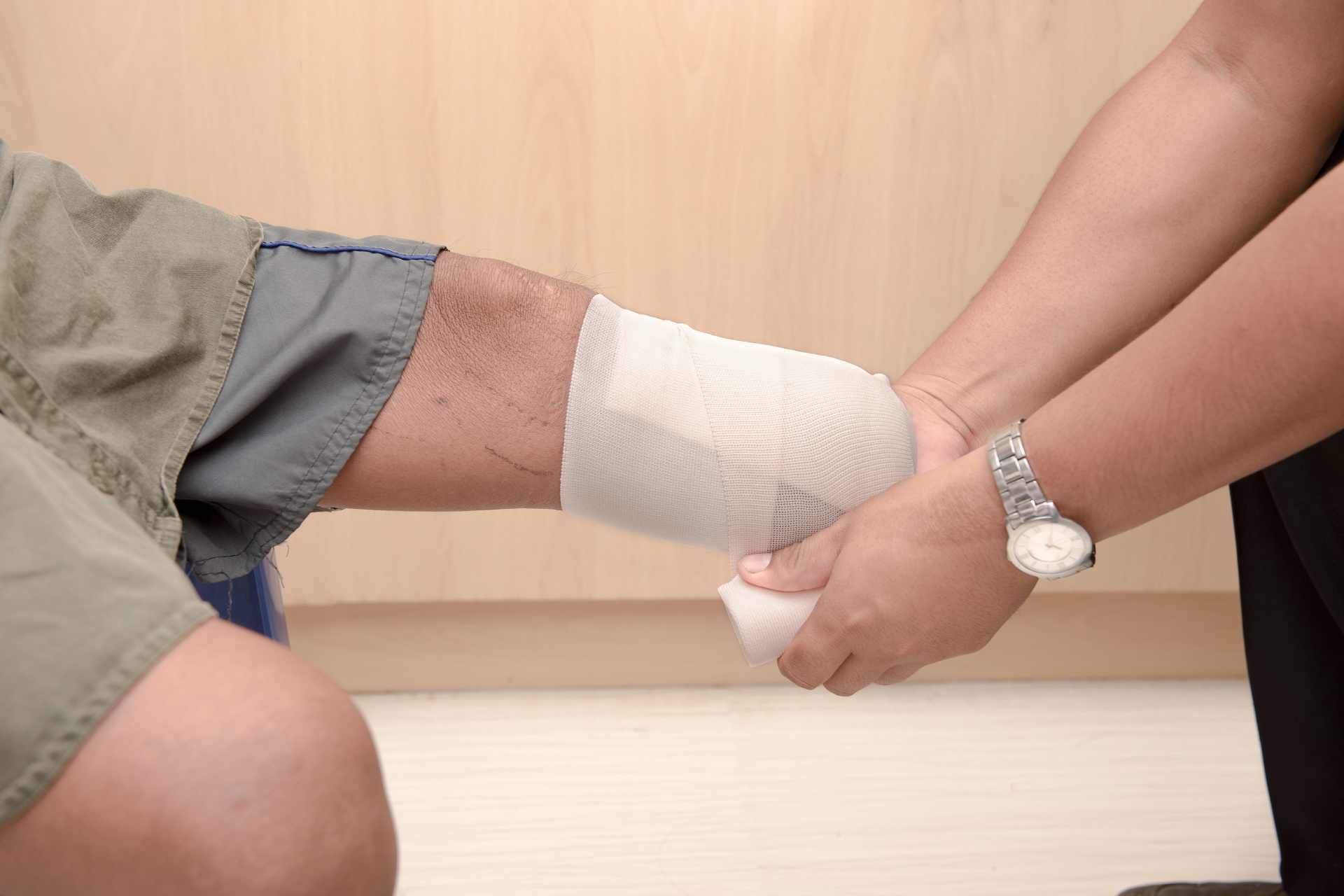
Counselling Guidance
Counselling in Prosthetic and Orthotic Care
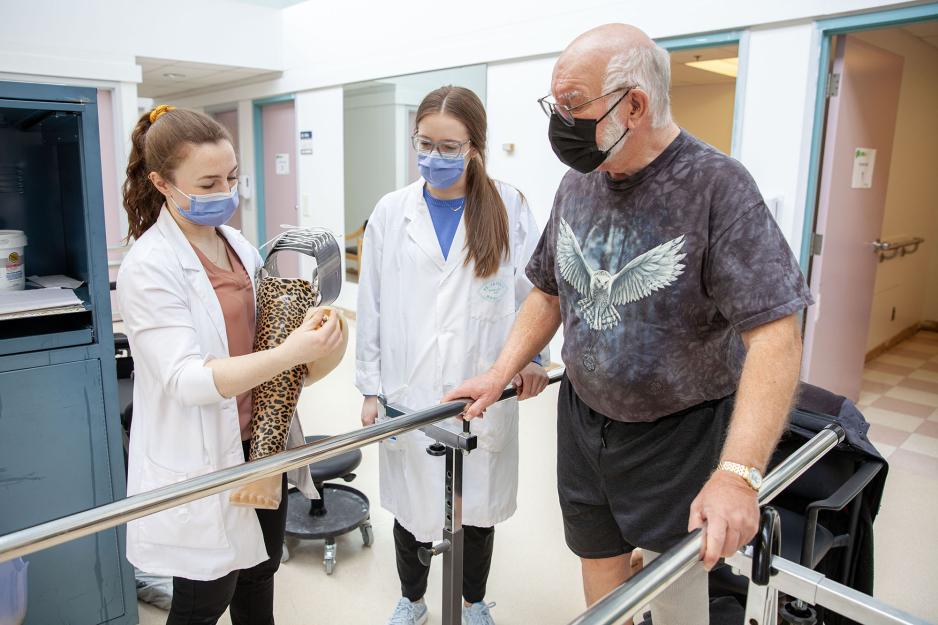
In a prosthetic and orthotic clinic, counselling plays a critical role in supporting patients who are adapting to life with prosthetic limbs or orthotic devices. It helps address the emotional, psychological, and practical challenges that come with mobility changes.
Purpose of Counselling: To provide emotional support, enhance coping strategies, and improve the patient’s quality of life.
Importance: Helps in reducing anxiety, building confidence, and promoting positive mental health.
Scope: Covers physical adaptation, emotional well-being, and social reintegration.
Key Areas of Counselling in Prosthetic and Orthotic Care
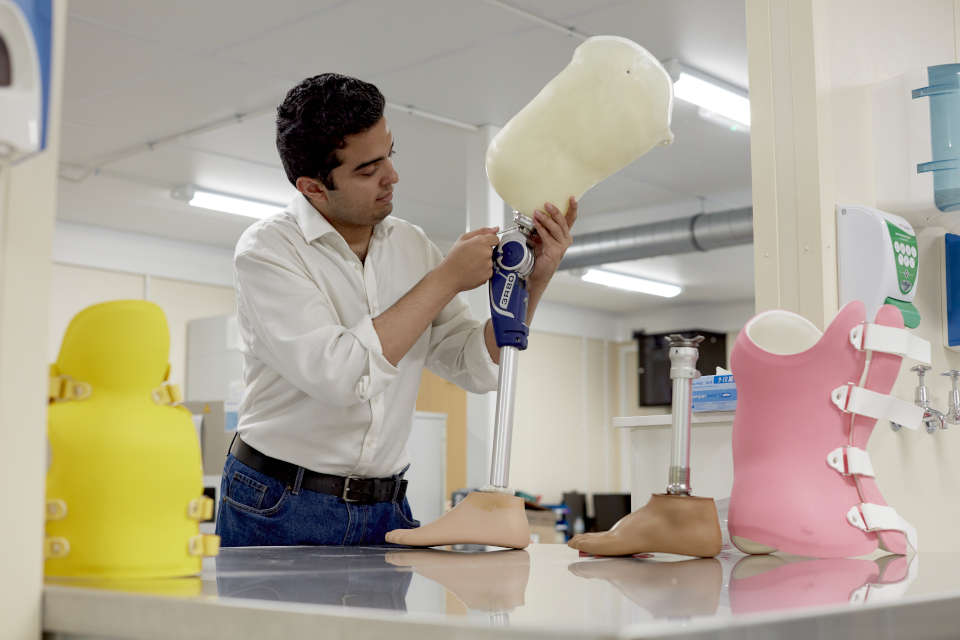
Counselling in this setting focuses on various aspects of the patient’s journey, from the initial assessment to post-fitting support. It ensures holistic care that addresses both physical and emotional needs.
Pre-Fitting Counselling: Setting realistic expectations, discussing the fitting process, and addressing concerns.
Post-Fitting Support: Managing discomfort, adjusting to the prosthetic/orthotic device, and developing new mobility strategies.
Rehabilitation Guidance: Encouraging participation in therapy, exercises, and community reintegration.
Counselling Techniques for Patients and Families
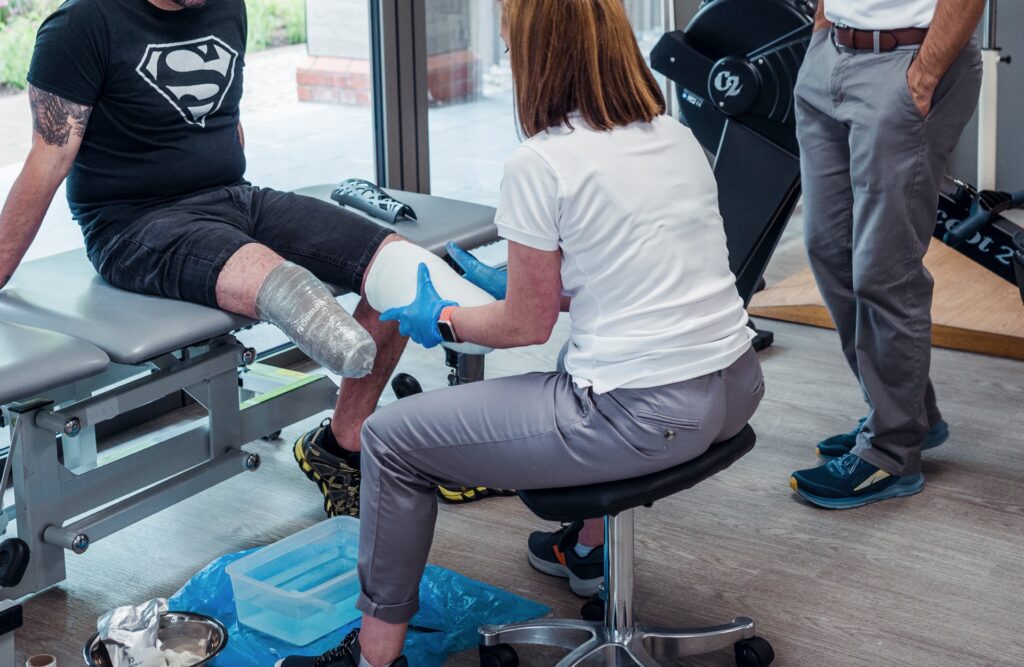
Effective counselling techniques help patients and their families navigate the complex emotional and psychological journey of adapting to prosthetic and orthotic devices.
Active Listening & Empathy: Understanding patient concerns without judgment.
Education and Information Sharing: Explaining device functionality, maintenance, and care to reduce fear of the unknown.
Motivational Interviewing: Encouraging patients to set goals and stay committed to their rehabilitation process.
Family Involvement: Supporting family members in understanding the patient’s needs and fostering a supportive environment.
Role of the Counsellor in a Prosthetic and Orthotic Clinic
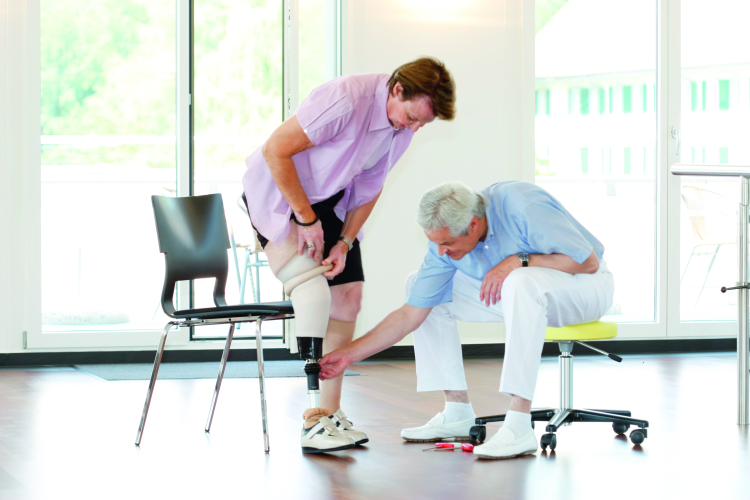
The counsellor in a prosthetic and orthotic clinic works as part of a multidisciplinary team, collaborating with prosthetists, orthotists, physiotherapists, and medical professionals to ensure comprehensive care.
- Key Responsibilities: Providing emotional support, facilitating communication, and addressing psychological barriers.
Ethical Considerations: Maintaining patient confidentiality, respecting cultural sensitivities, and providing unbiased support.
Skills Required: Strong communication skills, empathy, problem-solving abilities, and knowledge of prosthetic/orthotic care.
Collaboration: Working closely with healthcare providers to create individualized care plans.

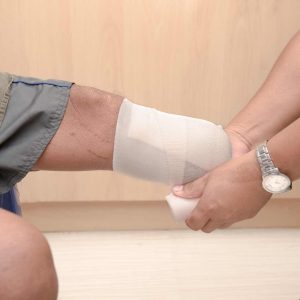
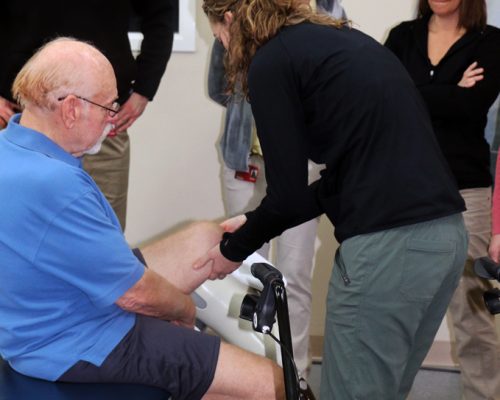
Role of Counselling in Mental Health and Personal Growth
Counselling plays a pivotal role in promoting mental health and personal development. It provides a safe, supportive environment where individuals can explore their thoughts, emotions, and behaviors. Through professional guidance, counselling helps people navigate life’s challenges, improve their well-being, and unlock their full potential.
Understanding Counselling
Counselling is a therapeutic process where trained professionals assist individuals in addressing personal, emotional, or psychological issues. It involves open communication, active listening, and evidence-based techniques to help people gain clarity, build coping skills, and make informed decisions.
Counselling and Personal Growth
Self-Discovery: Encourages individuals to explore their values, beliefs, and goals.
Building Resilience: Helps develop the ability to bounce back from setbacks and face life’s challenges with confidence.
Goal Setting: Assists in defining personal and professional objectives, creating a roadmap for growth.
Improved Self-Esteem: Promotes self-acceptance, confidence, and a positive self-image.
Frequently Asked Questions
It’s a supportive process that helps patients adjust emotionally, mentally, and physically to using prosthetic or orthotic devices.
Patients with limb loss, mobility issues, or those adjusting to new prosthetic or orthotic devices.
It helps patients cope with emotional challenges, manage expectations, and improve their rehabilitation process.
Emotional support, device education, coping strategies, goal setting, and family involvement.
Yes, all counselling sessions are private and confidential, with exceptions for safety concerns.
The number varies depending on individual needs, progress, and rehabilitation goals.
Yes, it provides support for grief, anxiety, depression, and adjustment to new life circumstances.
Open discussions about your feelings, challenges, and progress, along with guidance and support from trained professionals.
Family members are encouraged to participate to understand the patient’s journey and provide better support.
No, you can access counselling directly through our clinic’s services.
